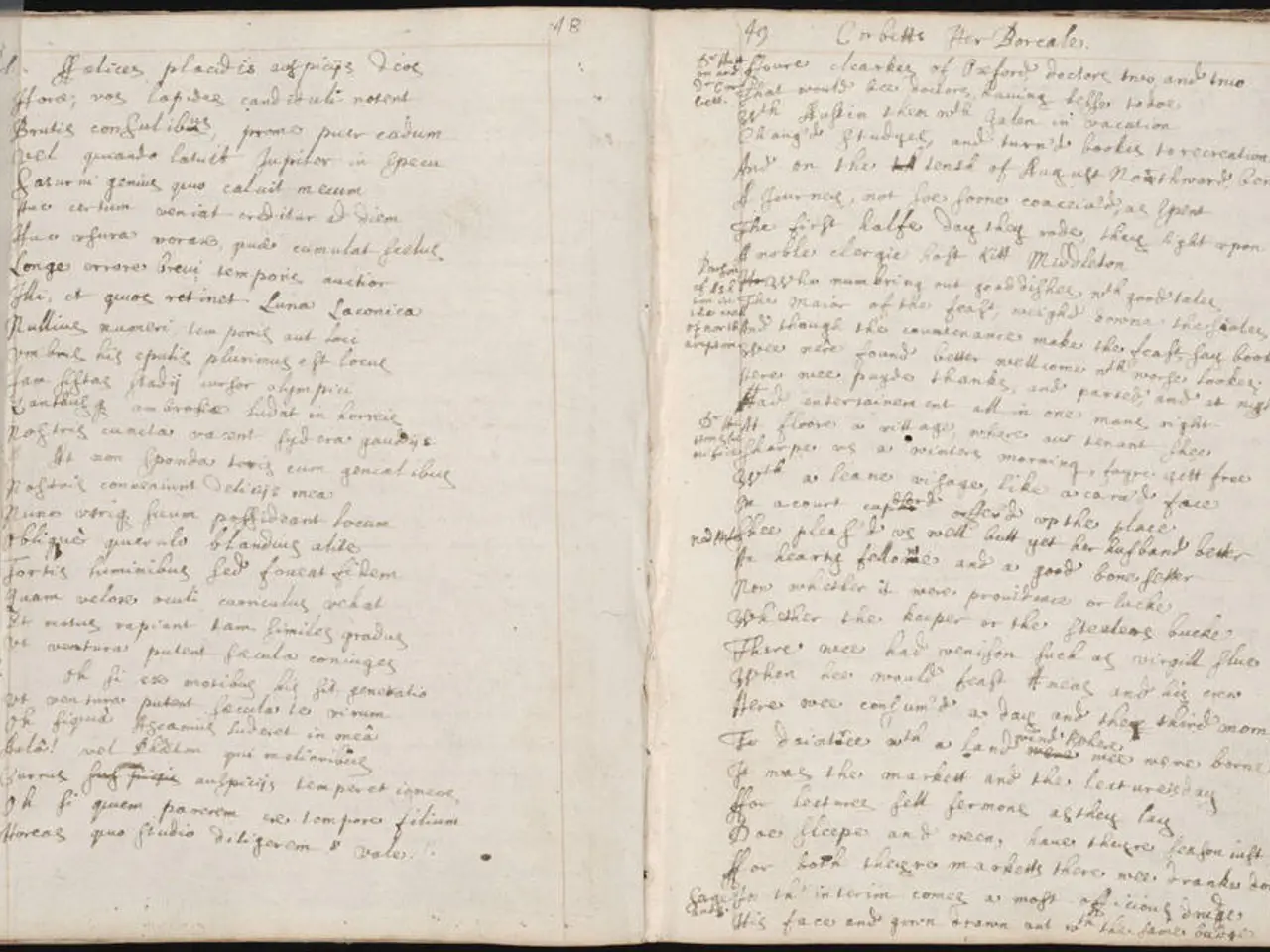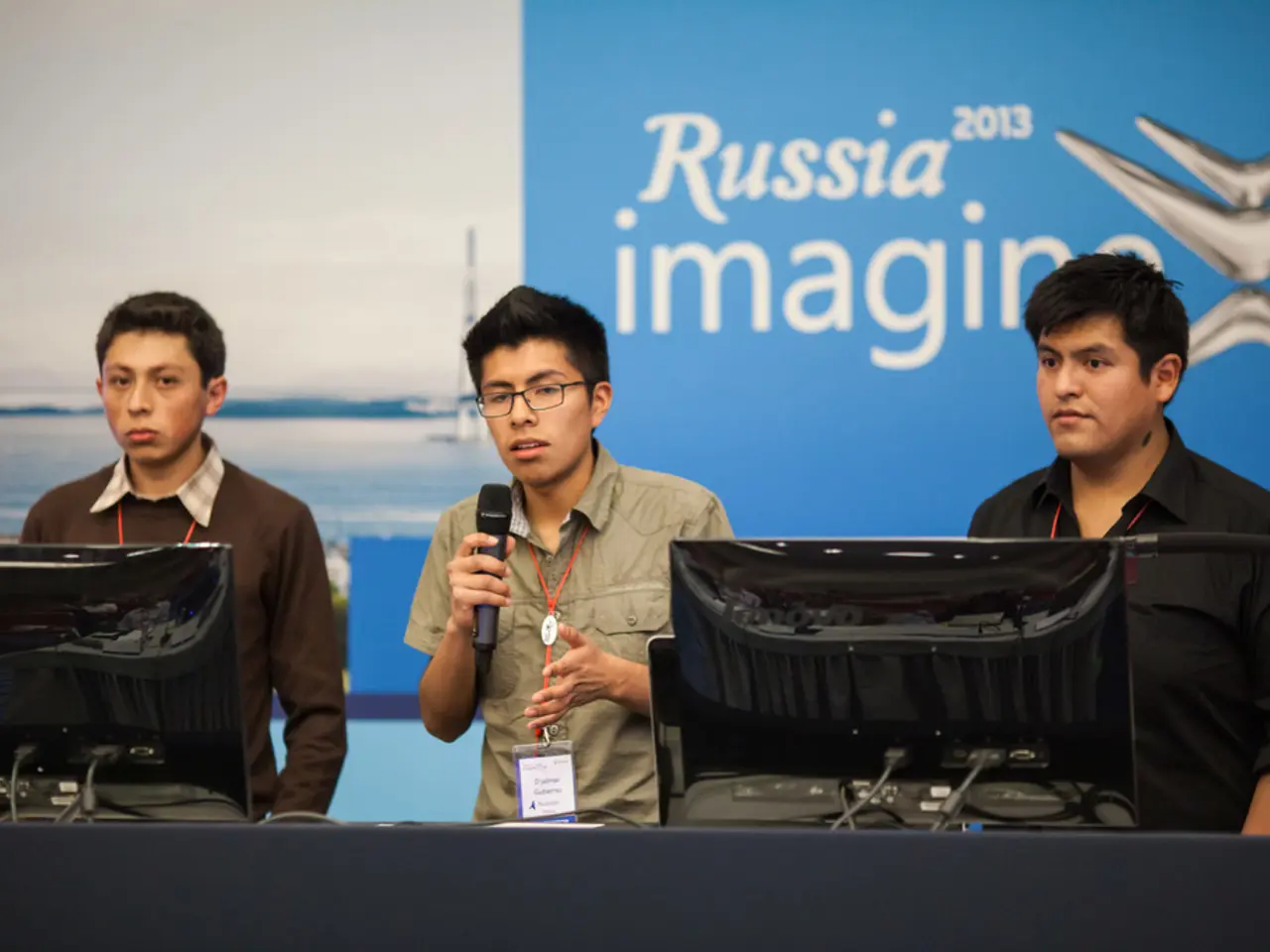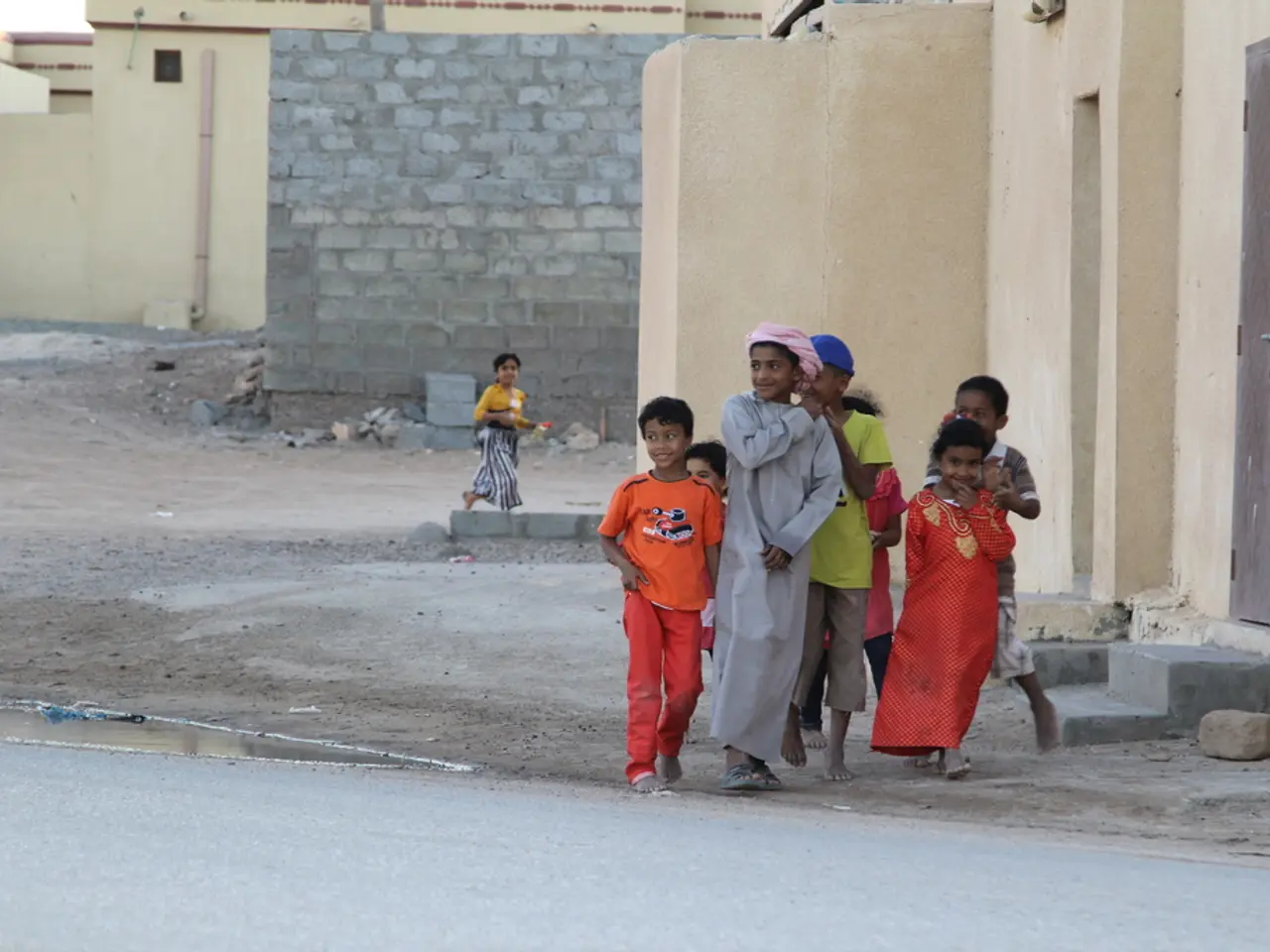World Order Established on September 13, 2024: The Accord for Tomorrow's World
The Pact for the Future: A Blueprint for Global Governance
The Pact for the Future, adopted at the Summit of the Future in September 2024, is a United Nations agreement aimed at modernizing and strengthening global governance. This comprehensive plan focuses on addressing pressing global challenges such as climate change, inequality, peace, and sustainable development.
The Pact encompasses several key components, including the transformation of UN bodies, rule of law and international justice, sustainable development, digital cooperation, and a new social contract.
Global Governance Transformation
The Pact calls for reforming UN bodies like the Security Council and Economic and Social Council (ECOSOC) to better represent current geopolitical realities. This includes greater representation for underrepresented regions and enhancing the role of civil society. The UN80 Initiative, aimed at making the UN more "fit-for-purpose," is an example of these efforts.
Rule of Law and International Justice
The Pact emphasizes strengthening international law enforcement mechanisms, including empowering the International Criminal Court (ICC) with expanded jurisdiction and funding, improving the effectiveness of the International Court of Justice (ICJ), and instituting penalties for non-compliance with rulings.
Sustainable Development
The Pact reaffirms commitment to international frameworks like the UN Charter, the Universal Declaration of Human Rights, and the 2030 Agenda for Sustainable Development (SDGs). It emphasizes practical implementation through actionable policies and partnerships among governments, international organizations, civil society, and particular attention to inclusivity and gender.
Digital Cooperation
The Pact includes annexes such as the Global Digital Compact, focusing on cooperation in governing digital technologies and ensuring the digital space contributes positively to sustainable development and human rights.
New Social Contract
While specifics on a new social contract are less detailed, the Pact’s language strengthens commitments to reducing inequalities, upholding human dignity, fundamental freedoms, political independence, sovereignty, peaceful resolution of disputes, and ensuring that global governance supports inclusive and equitable societies.
India’s support for the Pact highlights the need for time-bound reforms in the UN Security Council and international financial institutions to make them more credible partners in global governance and sustainable economic cooperation.
The Pact for the Future represents a comprehensive effort by the UN and member states to reform and revitalize global governance structures, strengthen legal and social frameworks for peace and development, and advance cooperation in emerging areas such as digital governance.
However, the Pact has faced criticism. Some view it as a noxious brew of diplomacy and mutual back-patting, with little hope of creating a resilient, sustainable, just world. Others see it as an attempt to expand the control system of world leaders and loot national treasuries.
Despite these criticisms, the Pact for the Future is a significant step towards shaping the future of global governance. Whether it will achieve its ambitious goals remains to be seen.
- The Pact for the Future underscores the importance of digital cooperation, with the Global Digital Compact focusing on the positive contribution of digital technologies to sustainable development and human rights.
- The Pact's language on a new social contract strengthens commitments to health, human dignity, and fundamental freedoms, with particular attention given to reducing inequalities and advancing inclusivity.
- In the realm of policy-and-legislation, the Pact calls for reforming UN bodies like the Security Council and Economic and Social Council (ECOSOC) to better represent current geopolitical realities and enhancing the role of civil society.
- The Pact faces criticism from certain quarters, with some viewing it as an attempt to expand the control system of world leaders and draining national treasuries, while others see it as a noxious brew of diplomacy and mutual back-patting with little hope of creating a resilient, sustainable, just world.
- Scientific articles and political debates around the Pact for the Future emphasize the need for concrete policies and partnerships in areas such as climate change, sustainable development, and digital id privacy, to ensure that the digital space serves the interests of all and contributes positively to global governance.







